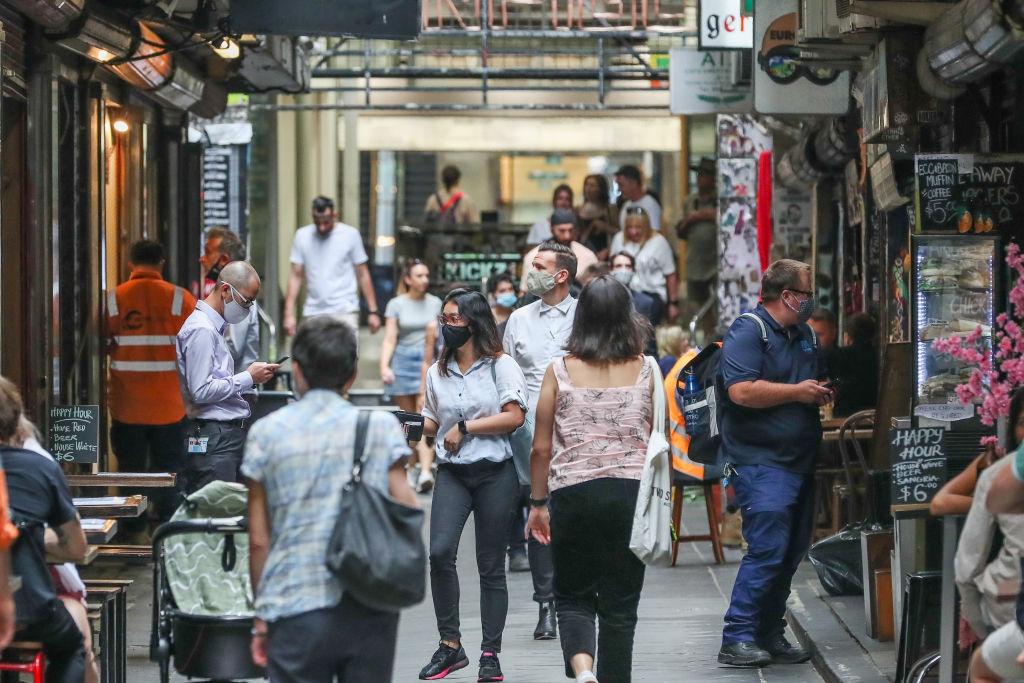The mental health of young Australians has bounced back faster than other age groups over the last 12 months, according to a study by the Australian National University (ANU).
ANU Professor Nicholas Biddle, co-author of the study, said the latest survey showed how over two-in-three of Australians aged 18 to 24 felt their life had improved over the last 12 months.





